Maulana Abul Kalam Azad (11 November 1888 – 22 February 1958) was an Indian scholar and the senior Muslim leader of the Indian National Congress during the Indian independence movement. Following India's independence, he became the first Minister of Education in the Indian government. Amidst communal turmoil, he worked for religious harmony. He also worked for Hindu-Muslim unity through the Al-Hilal newspaper. His birthday, 11 November is celebrated as National Education Day in India.
Azad was born on 11 Nov 1888 in Makkah, Saudi Arabia. Azad's real name was Abul Kalam Ghulam Muhiyuddin who became known as Maulana Azad by everyone. His forefathers - made up of scholars and soldiers - had immigrated to India from Herat, present-day Afghanistan, after the Shi'a Safavids took over Persia and Babur established the Sunni Mughal Empire in India.
Azad's father was Maulana Muhammad Khairuddin, a scholar who authored a dozen of books and had thousands of disciples, while his mother was an Arab, the daughter of Sheikh Mohammad Zaher Watri, himself a reputed scholar from Medina who had a reputation that extended even outside of Arabia. Maulana Khairuddin lived with his family in the Bengal region until he left India during the First Indian War of Independence and settled in Mecca, where he met his wife, Zulaikha Begum (a member of the Bengali Muslim immigrant family residing in Medina), and where Maulana Azad was born, but returned to Calcutta with his family in 1890.
Azad began to master several languages, including Urdu, Hindi, Persian, Bengali, Arabic, English. He was also trained in the Mazahibs of [Hanafi], [Maliki], Shafi'i and Hanbali fiqh, shariat, mathematics, philosophy, world history and science by reputed tutors hired by his family. An avid and determined student, the precocious Azad was running a library, a reading room, a debating society before he was twelve, wanted to write on the life of Ghazali at twelve, was contributing learned articles to Makhzan (the best known literary magazine of the day) at fourteen, was teaching a class of students, most of whom were twice his age, when he was merely fifteen and succeeded in completing the traditional course of study at the young age of sixteen, nine years ahead of his contemporaries, and brought out a magazine at the same age. In fact, in the field of journalism, he was publishing a poetical journal (Nairang-e-Aalam) and was already an editor of a weekly (Al-Misbah), in 1900, at the age of twelve and, in 1903, brought out a monthly journal, Lissan-us-Sidq, which soon gained popularity. At the age of thirteen, he was married to a young Muslim girl, Zulaikha Begum. Azad compiled many treatises interpreting the Qur'an, the Hadith, and the principles of Fiqh and Kalam.

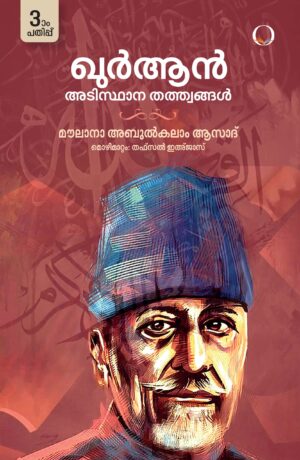
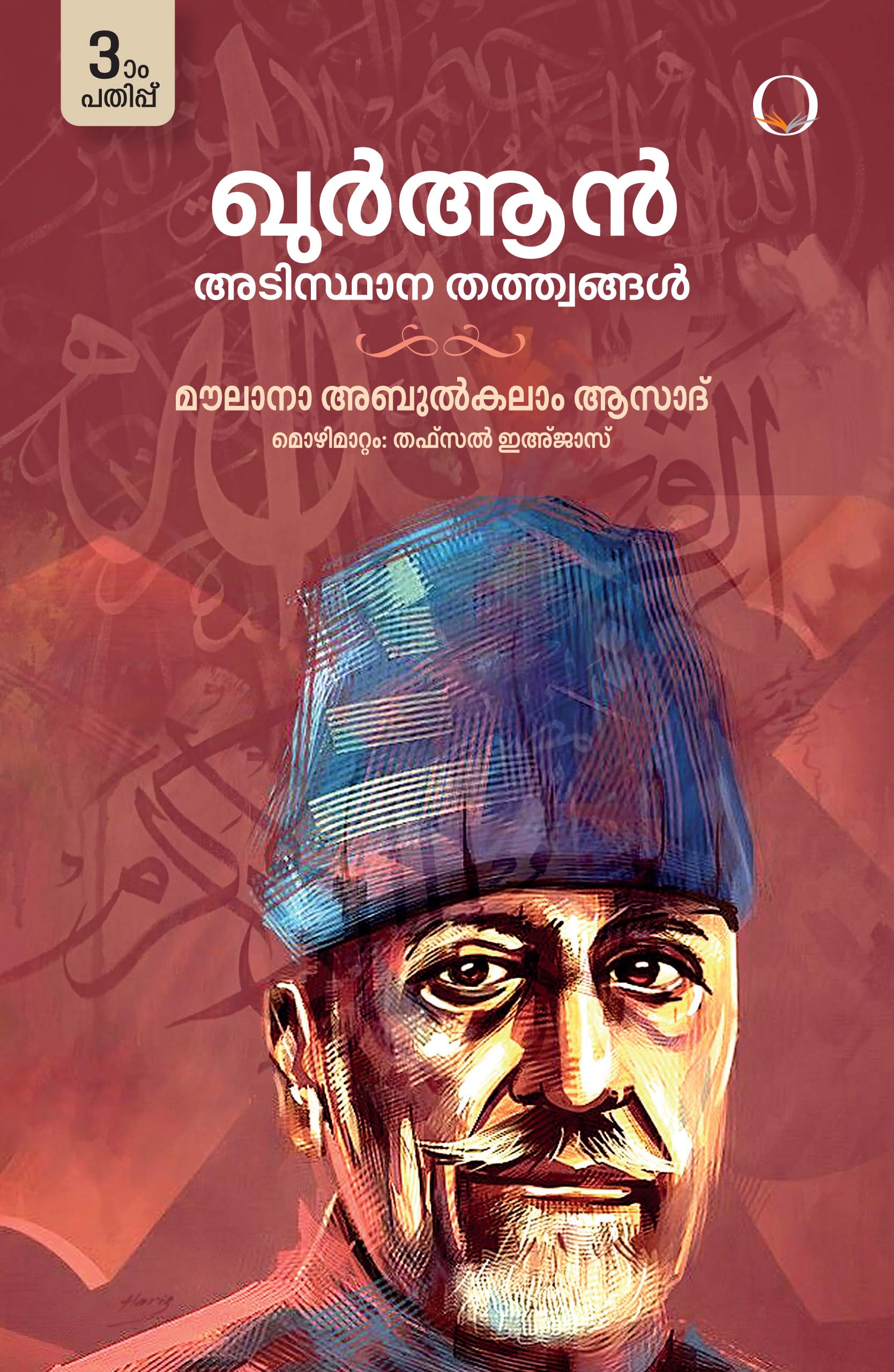
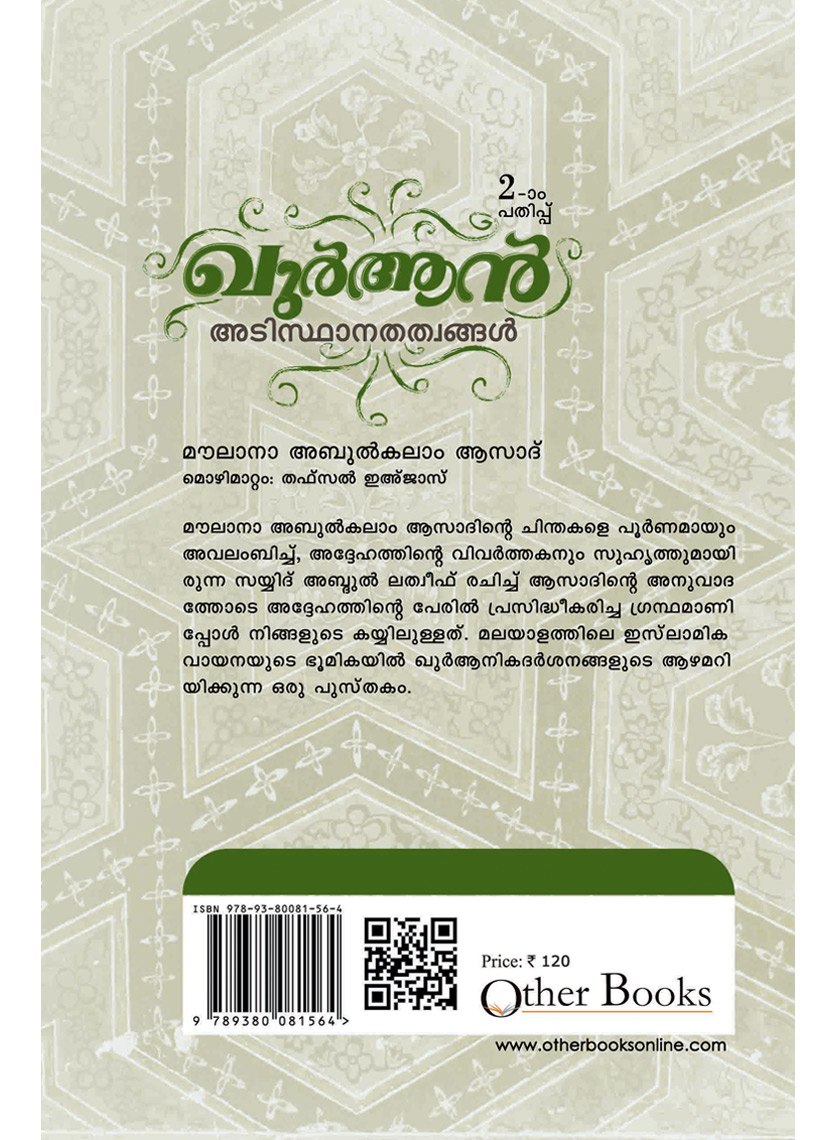
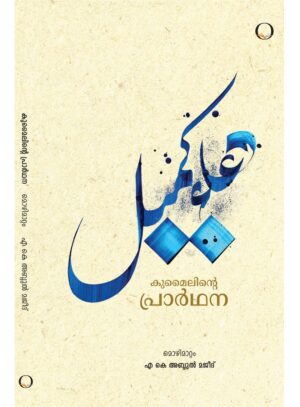
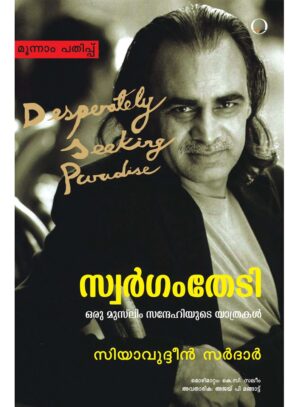
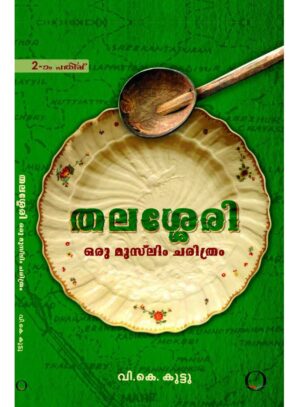
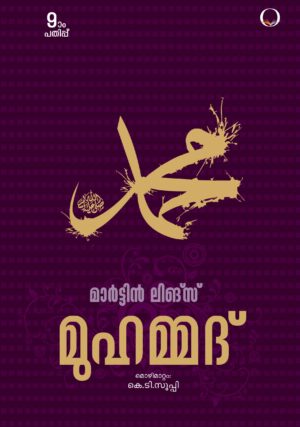
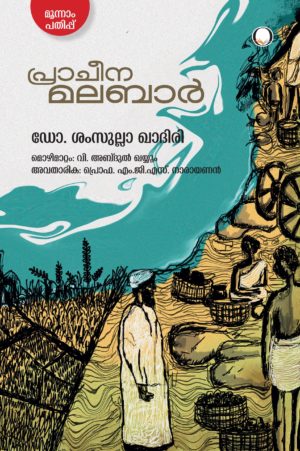
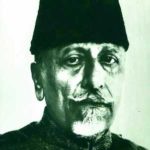
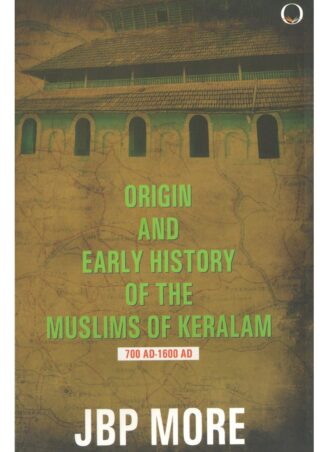
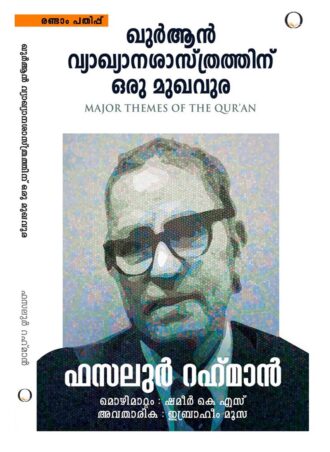
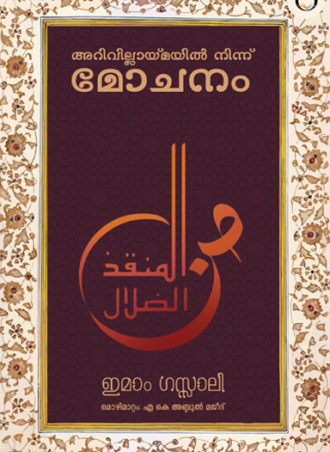

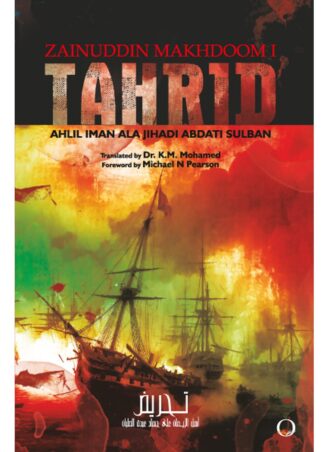
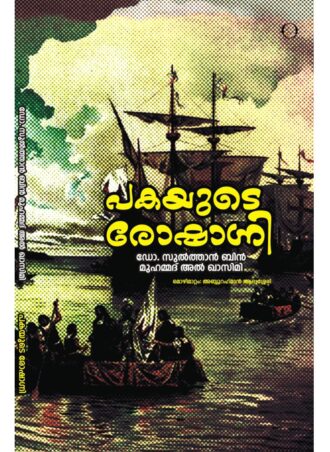


Reviews
There are no reviews yet.